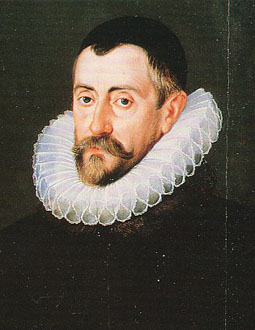
Source:MIPT Database
Name: Partiya Karkeran Kurdistan (PKK)
AKA: KADEK, KHK, Kongra-Gel (KGK), Kongreya Azadi u Demokrasiya Kurdistan, Kurdistan Freedom and Democracy Congress, Kurdistan People's Conference, The People’s Congress of Kurdistan
History: The Kurdistan Workers' Party (PKK) is a leftist Kurdish nationalist organization, founded in 1974 from the student/youth movement in Turkey. Led by Abdullah Ocalan, operated informally until 1978, when it formalized its agenda. Influenced by Maoist doctrine, the PKK's goal was to incite a revolution that would free the Kurdish people and establish an independent Kurdish state.
In 1980, prior to the military coup in Turkey, the PKK fled Turkey and established training camps in the Bekaa valley, part of Syrian-controlled Lebanon. By 1984, the PKK had initiated its first armed attacks in the Anatolia regions of Turkey. Reports claim that the PKK killed over 30,000 civilians within Turkey during the mid-80s including fellow Kurds who they believed they "collaborated" with the Turkish government. In the late 1980s and early 1990s, in an effort to win increased support from the Kurdish peasantry, the PKK altered its leftist secular ideology to better accommodate and accept Islamic beliefs.
During the early 1990s, the PKK continued its strategy of actively attacking Turkish government and tourist assets in an effort to destroy the Turkish military Government. In 1999, the PKK's leader, Abdullah Ocalan, was arrested in Kenya and extradited to Turkey, though convicted, Turkey abolished the death penalty in 2002, and his sentence was changed to life imprisonment after the original death sentence was called for. Following his arrest, Ocalan declared a unilateral cease-fire and announced his desire to establish a "peace initiative" with Turkey on Kurdish issues.
In 2002, the PKK changed its name to the Kurdistan Freedom and Democracy Congress (KADEK), supposedly committing itself to non-violent activities. Despite the cease fire, the group continued its military training and planning and continues to threaten violence. In late 2003, the KADEK sought to engineer another political face-lift, renaming the group Kongra-Gel (KGK) (Kurdistan People's Congress) and brandishing its "peaceful" intentions, while continuing to commit attacks and refuse disarmament. The cease-fire with the Turkish government ended in the spring of 2004 and violence continued.
The group claimed responsibility for three ambushes of Turkish forces in early March 2006, alleged to be retaliation for the deaths of seven PKK members in February. The group is also suspected in several small bombings in early 2006, including a bombing in Ankara on March 8th that killed three people and injured eighteen. It is on the list of US Current List of Designated Foreign Terrorist Organizations.
Monday, 22 October 2007
Knowledge-Who are the PKK?
Subscribe to:
Post Comments (Atom)






No comments:
Post a Comment